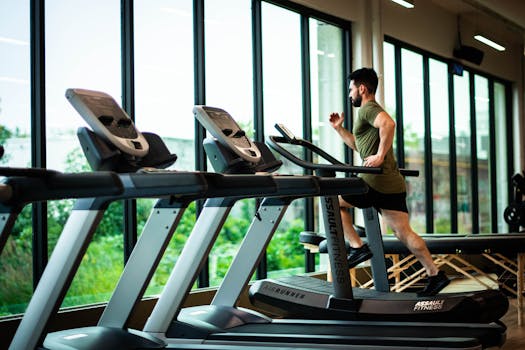
Introduction
After completing a run, your body needs the right fuel to recover, repair muscle tissues, and replenish lost energy. Choosing the proper post-run meal can significantly enhance your recovery process and help you prepare for your next workout.
Why Post-Run Nutrition Matters
Running depletes your body’s glycogen stores, causes muscle breakdown, and triggers fluid loss. Consuming the right nutrients post-run can help:
- Replenish energy stores
- Repair muscle fibers
- Reduce inflammation
- Improve overall recovery time
Key Ingredients for Recovery
- Carbohydrates: Restore muscle glycogen lost during the run.
- Protein: Supports muscle repair and growth.
- Healthy Fats: Reduces inflammation and supports overall recovery.
- Vitamins and Minerals: Critical for hydration and muscle function.
Best Post-Run Meal Ideas
- Grilled Chicken and Quinoa Bowl: Packed with lean protein, complex carbs, and a variety of vegetables.
- Greek Yogurt Parfait: Layers of Greek yogurt, berries, and granola offer protein, antioxidants, and healthy carbs.
- Peanut Butter Banana Toast: Whole-grain bread, natural peanut butter, and banana slices provide protein, healthy fats, and carbohydrates.
- Salmon and Sweet Potato: Rich in omega-3 fatty acids and complex carbs for anti-inflammatory benefits and energy replenishment.
- Egg and Avocado Wrap: Eggs supply protein, while avocado adds healthy fats and essential nutrients.
Hydration Tips
Don’t forget to rehydrate after a run. Water is essential, and adding an electrolyte-rich drink can restore minerals lost through sweat.
Conclusion
Proper post-run meals play a crucial role in muscle recovery, energy restoration, and injury prevention. Choose nutrient-dense foods and don’t skip your post-run fuel for optimal results!
Comments
Post a Comment